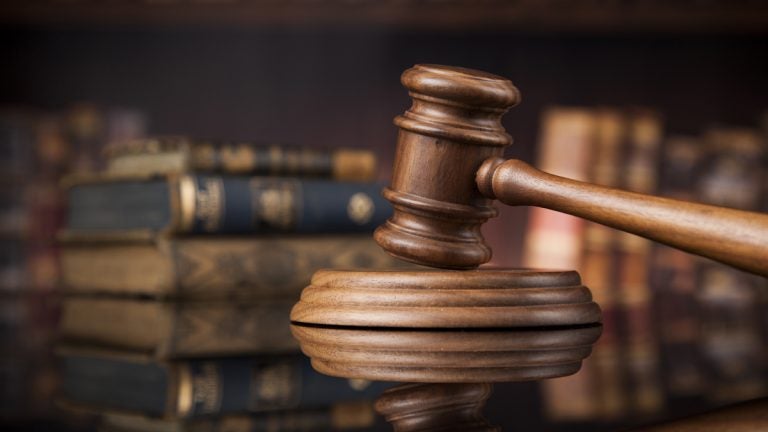Key changes could improve N.J. municipal court system, study group says
Among the recommendations: Impose fewer license suspensions for failure to pay fines and fees, and continue to promote the use of payment plans.

(JanPietruszka/Bigstock)
A group created by the New Jersey Supreme Court says the state’s municipal court system can make several key changes that would increase fairness and reduce the burden on low-income people who may face steep fines and fees totaling hundreds of dollars.
Criminal-justice reformers say costly punishments and additional court-ordered penalties can wreak havoc on the lives of people accused of low-level offenses.
“It’s the difference between making their rent this month and not making their rent. It’s the difference between putting food on their table and not putting food on their table,” said Alex Shalom, a senior staff attorney with the American Civil Liberties Union of New Jersey.
Among the recommendations are that judges impose fewer license suspensions for failure to pay fines and fees, and that the court system continue to promote the use of payment plans.
The group also suggested that cities and towns rely less on the revenue generated through municipal courts, which critics have suggested is an incentive for locally appointed municipal judges to impose costly fines and fees.
A 2018 New Jersey Supreme Court report found that “the vast majority of monies turned over to municipalities from the courts go to the respective municipality general fund and can be used for any purpose.”
But Michael Darcy, executive director of the New Jersey League of Municipalities, said that counties and the state also benefit financially from municipal courts, and that municipal courts are so costly to run that many municipalities seek simply to break even.
“The idea that my parking ticket or my speeding ticket at the local level, that they’re just being used to fund, say, the recreation department or the senior citizens’ center or something like that — that is a misperception,” Darcy said.
Other recommendations included creating a mental illness diversion program, reducing New Jersey Motor Vehicle Commission surcharges, increasing judges’ terms, and consolidating or regionalizing municipal courts.
WHYY is your source for fact-based, in-depth journalism and information. As a nonprofit organization, we rely on financial support from readers like you. Please give today.




